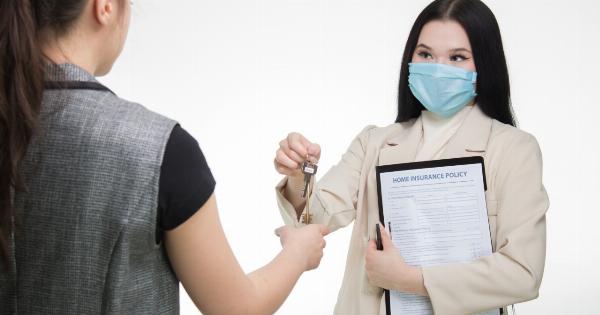Car trailers can be a valuable asset for anyone who needs to transport large or heavy items.
However, just like your car, your trailer also needs to be insured to provide you with legal protection and financial assistance in case of an accident or theft. Here are some key considerations to keep in mind when insuring car trailers.
1. Type of Coverage
The first thing you need to consider is the type of coverage you need for your car trailer. The two main types of coverage are liability coverage and comprehensive coverage.
Liability coverage will protect you against damages that you may cause to another vehicle or person with your trailer. Comprehensive coverage, on the other hand, provides broader coverage that includes damages caused by events such as theft, fire, or natural disasters.
2. Trailer Value
The value of your car trailer will also determine the type of coverage you need. If you have a high-end trailer with expensive features, you may need more comprehensive coverage to protect your investment.
However, if you have an older and less expensive trailer, you may be able to get by with only liability coverage.
3. Towing Vehicle Coverage
It is essential to ensure that your towing vehicle is properly insured, as this will also impact the coverage for your trailer.
If your towing vehicle is not insured, or you don’t have enough coverage, your trailer may not be covered in the event of an accident.
4. Usage Frequency
Another critical consideration is the frequency of use of your trailer. If you use your trailer frequently, the likelihood of accidents or damages increases.
In such cases, comprehensive coverage may be more suitable to ensure full protection in all situations.
5. Safety Features
The safety features of your trailer can also impact the cost of coverage. The more safety features your trailer has, such as brakes or anti-theft devices, the lower the insurance premiums you are likely to pay.
Safety features can reduce the risk of accidents or theft, making your trailer a lower insurance risk.
6. Storage Location
The location where you store your car trailer can also impact the insurance coverage. If you store your trailer in a secure location, such as a locked garage, it is less likely to be stolen or vandalized. This will help to lower your insurance premiums.
However, if you store your trailer in an area with a high crime rate, your insurance rates may be higher.
7. Insurance Provider
Lastly, it is essential to consider the insurance provider you choose for your car trailer coverage. Different insurance providers offer different types of coverage and pricing.
It is essential to shop around and compare different quotes to find the best coverage and prices that suit your budget and needs.
Conclusion
Insuring your car trailers is essential to ensure that you are legally protected and can receive financial assistance in the event of an accident or theft.
It is vital to consider different factors, such as the type of coverage you need, the value of your trailer, the towing vehicle coverage, the frequency of use, the safety features, the storage location, and the insurance provider. Taking all these key considerations into account can help you get the best insurance coverage for your car trailer.




























